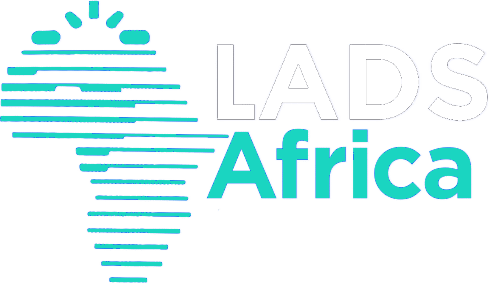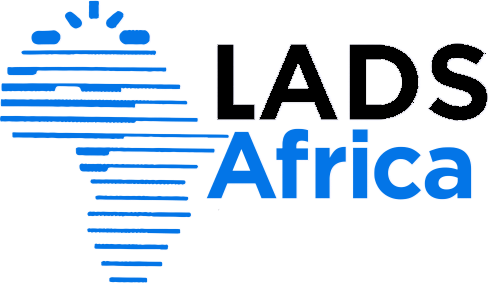LADS launches SLB tool through UNDP
Following support from the World Bank, the United Nations Development Programme (UNDP), proposed the addition of governance and infrastructure among the target benchmarks. A technology-based solution from the Harare Institute of Technology (HIT) which was developed with support from UNDP is now being used.
Through its start-up called LADS Africa, HIT has developed a tool that will automate the collection and aggregation of SLB data in local authorities across Zimbabwe in real time. The tool merges data from various local authorities and generates SLB reports for easy analysis. Because each local authority is unique, reports are generated by province, local authority class (i.e. urban/rural) and national.
“The tool was tailor-made for Zimbabwe and has not been deployed anywhere else. The digital SLB is flexible and accommodates change very well,” according to Engineer Tererai Maposa of HIT.
The SLB is a tool that helps these local authorities measure their performance in the delivery of basic services, such as providing clean water, managing waste and solid waste, infrastructure and corporate governance.
By measuring themselves against set standards, councils can identify performance challenges and implement service delivery interventions that build the resilience of their localities.
The platform comprises of three main components:
“This platform will ensure easier collaboration and sharing of information among stakeholders, residents included, as the data will be available online,” Eng Maposa says.
While the initial target of the SLB tool is the 32 urban local authorities, the goal is to have rural local authorities migrate to the digital SLB system in future. Both urban and rural councils are currently using different tools and software, but the digital SLB tool, will provide a dashboard for Government to monitor how local authorities are performing and how funds are being utilised, hence promote transparency and accountability.
The digitalization of the SLB data is part of the Urban Resilience Programme, a joint initiative of UNDP, UNICEF and the Ministry of Local Government and Public Works under the banner: “Partnership for Building Urban Resilience in Zimbabwe”. The primary objective of the Urban Resilience (UR) Programme is to generate new and innovative knowledge on urban resilience through supporting studies and research, as well as piloting resilience building initiatives in some local authorities such as Chipinge, Gwanda and Harare.
While urban authorities have the will to implement service delivery according to SLB, they have often fallen short because information was not easily accessible. Now, with continuous access to constantly updated visualized SLB data via the HIT digitalisation program, there will be more evidence-based decision making and policies, leading to improved service delivery.


